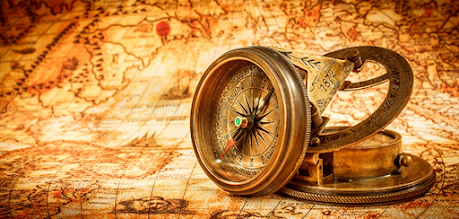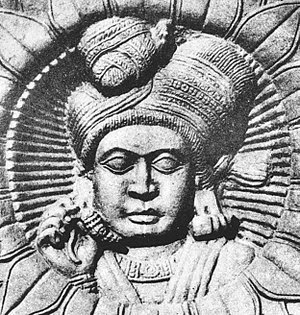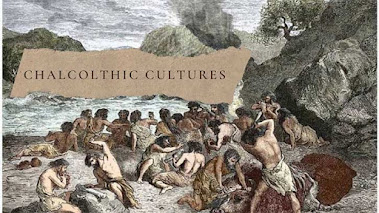Why is History Important?
Why is History Important?
History is Boring they say
History, an area of study which is more often than not considered to be the realm of dusty books, difficult to remember significant dates and, just to put it in short, plain boredom. Such is the opinion that has been predominantly held by everyone I interacted with in my life. What is there in it but some old artifacts and some kings who lived long ago who may have done something great in their lifetimes? Why do we even need to take interest in a subject with minimal relevance to us? Let us see why.
What is History?
In the simplest terms, it is record keeping. We in our daily life try to keep a record of significant moments for remembrance by taking photos, companies and institutions keep records to track their progress, project records are kept for analysis in order to refine utilized processes, financial records to keep track of monetary resources, etc.
History is such a record on a grander scale, kept to analyze the progression of civilization - who did what, why and how as well as the motivations behind the actions done; all done with the help of whatever documents and/or artifacts which can be scrounged up.
Importance of History
Were it not for historical studies, how would we even know who built the Colosseum, the Sanchi Stupa, Cave temples of Ajanta and Ellora, the Pyramids of Egypt and the cities of the Indus Valley civilization? Who were those people, why would they build such grand structures, how did they even do that?
The compiled wisdom of the wisemen of old - let it be the legendary Greek philosophers like Aristotle, Plato, Socrates; Roman orators like Cicero; Indian scholars and researchers like Chanakya, Sushruta, Charvaka, Aryabhata, Bhaskaracharya – which forms the bedrock for much of our modern-day political thought, philosophy and sciences, where would it all this priceless wisdom and knowledge be if someone had not deemed it worth searching and preserving? We in all likelihood wouldn’t have progressed as much as we have today.
The examples of Chandragupta Maurya, Samudragupta, Alexander, Charlemagne, Chhatrapati Shivaji Maharaj, Maharana Pratap, Napoleon Bonaparte, Mahatma Gandhi, Sardar Vallabhbhai Patel have inspired people throughout human existence to strive for greatness, while showcasing the power of human will and determination to achieve their goals come what may. All the while, history tells us to beware the moral failings of Dhana Nanda, Jaychand Rathod, Allauddin Khilji, Aurangzeb and the outright evil of Hitler and Stalin. A moral path we need to tread as a person as well as a society can thus be determined with historical instances lest we be doomed to repeat the mistakes of the past.
The knowledge of how we are to govern ourselves, in what ways do we think and why, what is good or what is bad, which ideology has best served the people, how did we progress technologically, what treatments are best for which medical conditions etc. all has its roots in the deeds of people in the past and thus, it behooves us to meticulously study, analyze and research the past to get a better understanding of us humans as a species- with all our successes and failures- to tread a path towards future we desire; a utopia, dystopia or somewhere in the middle.
-By Sumedh Mayekar
Historic Wednesdays, COEP Blogs
Note:
This article is done purely for an informative purpose.
The images used herein have been sourced from the internet and belong to their respective owners, the author of the article stakes no claim to their ownership.








Comments
Post a Comment